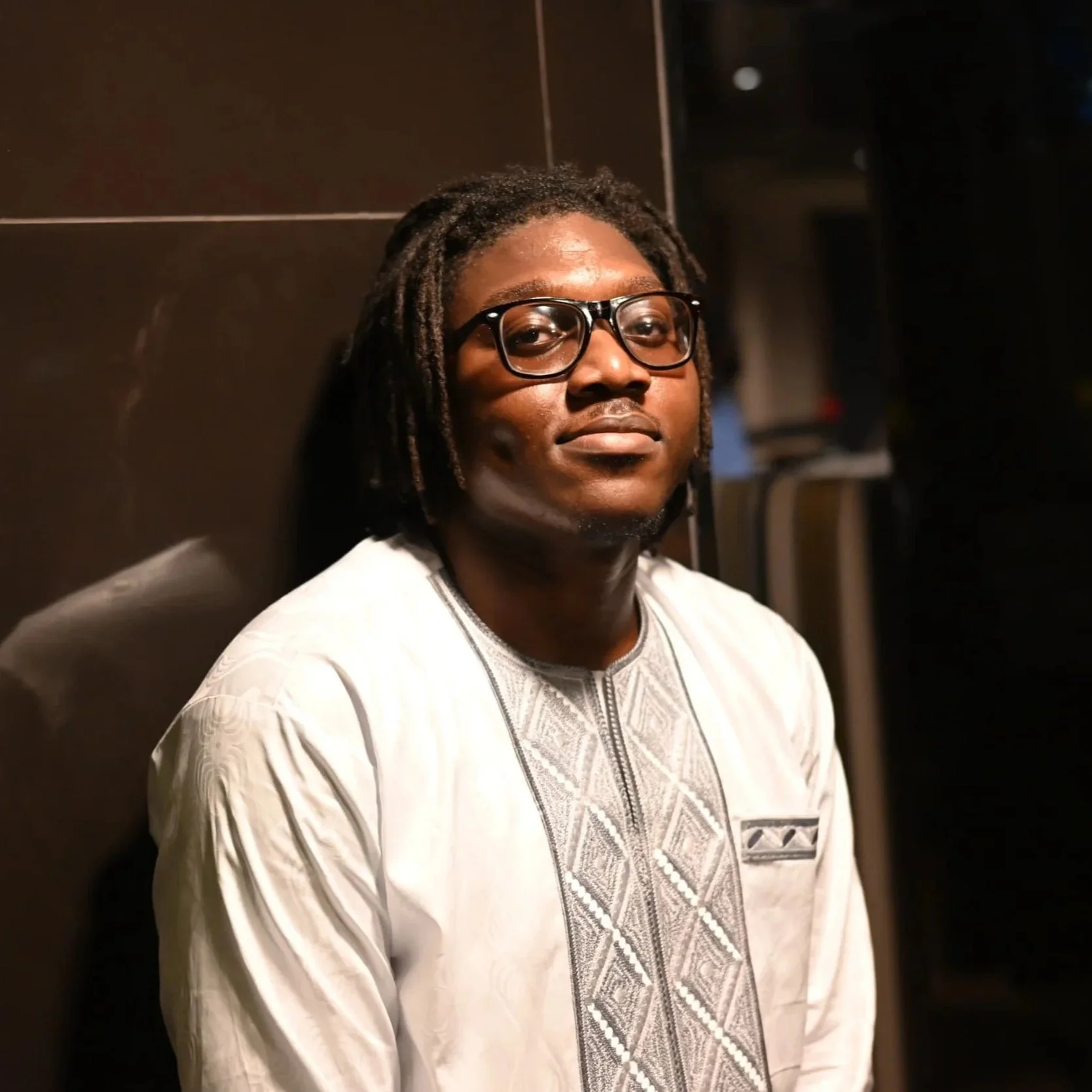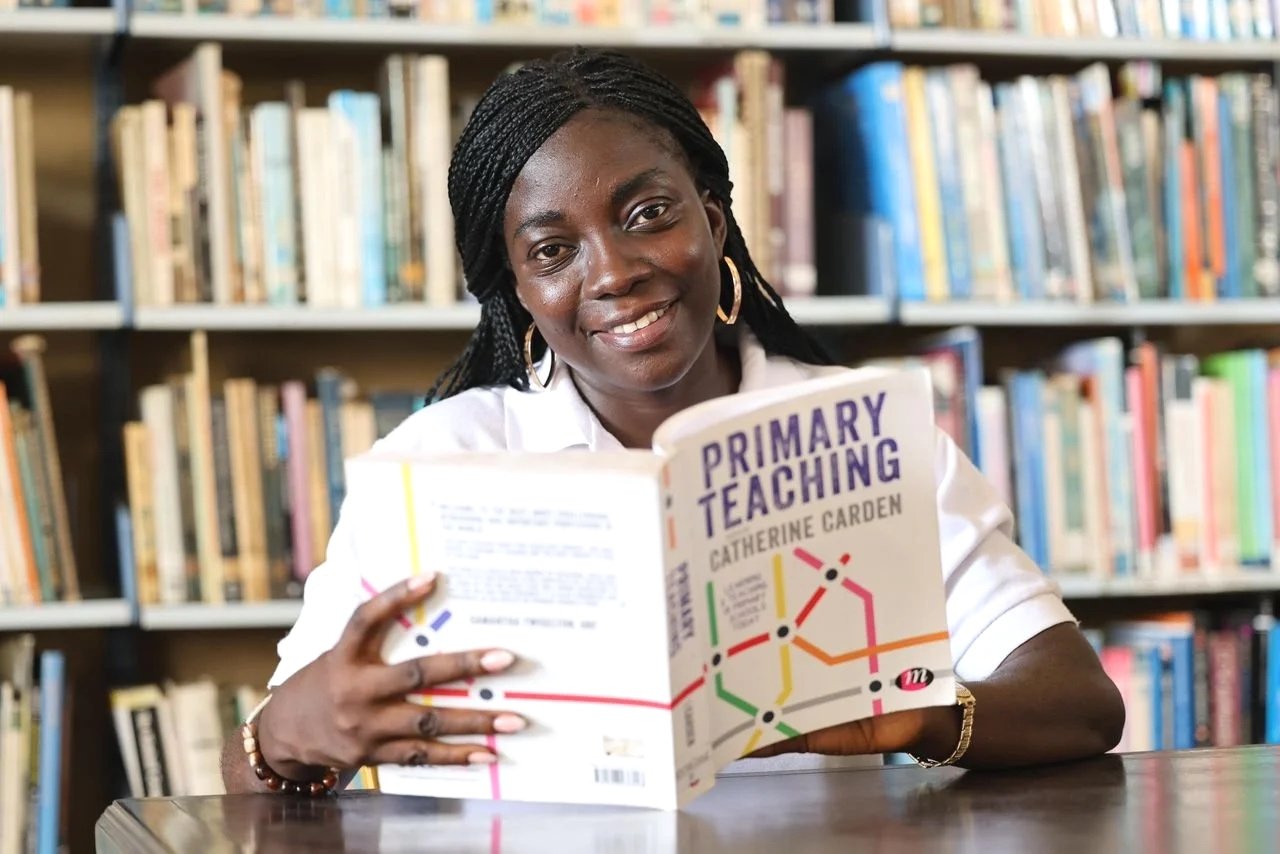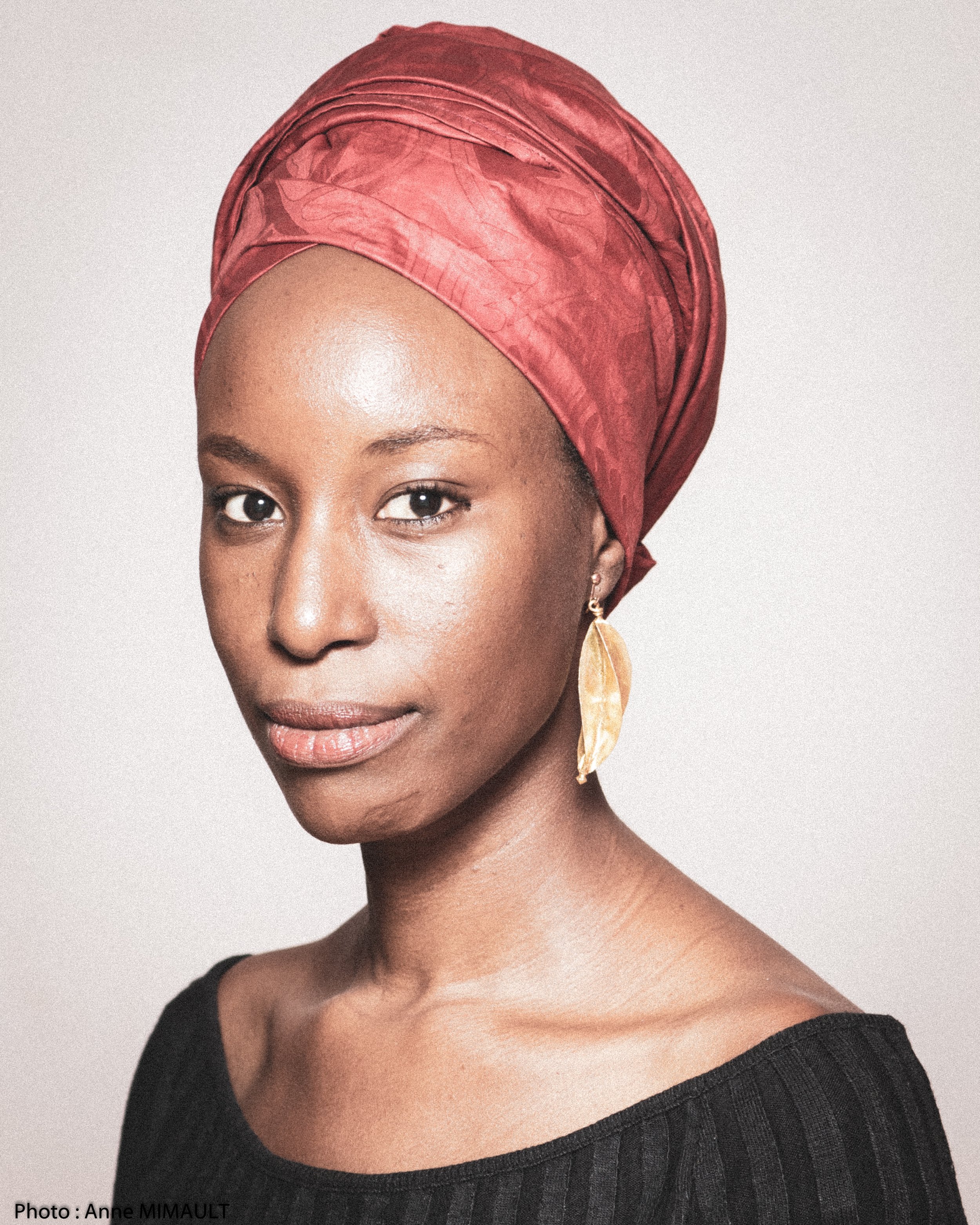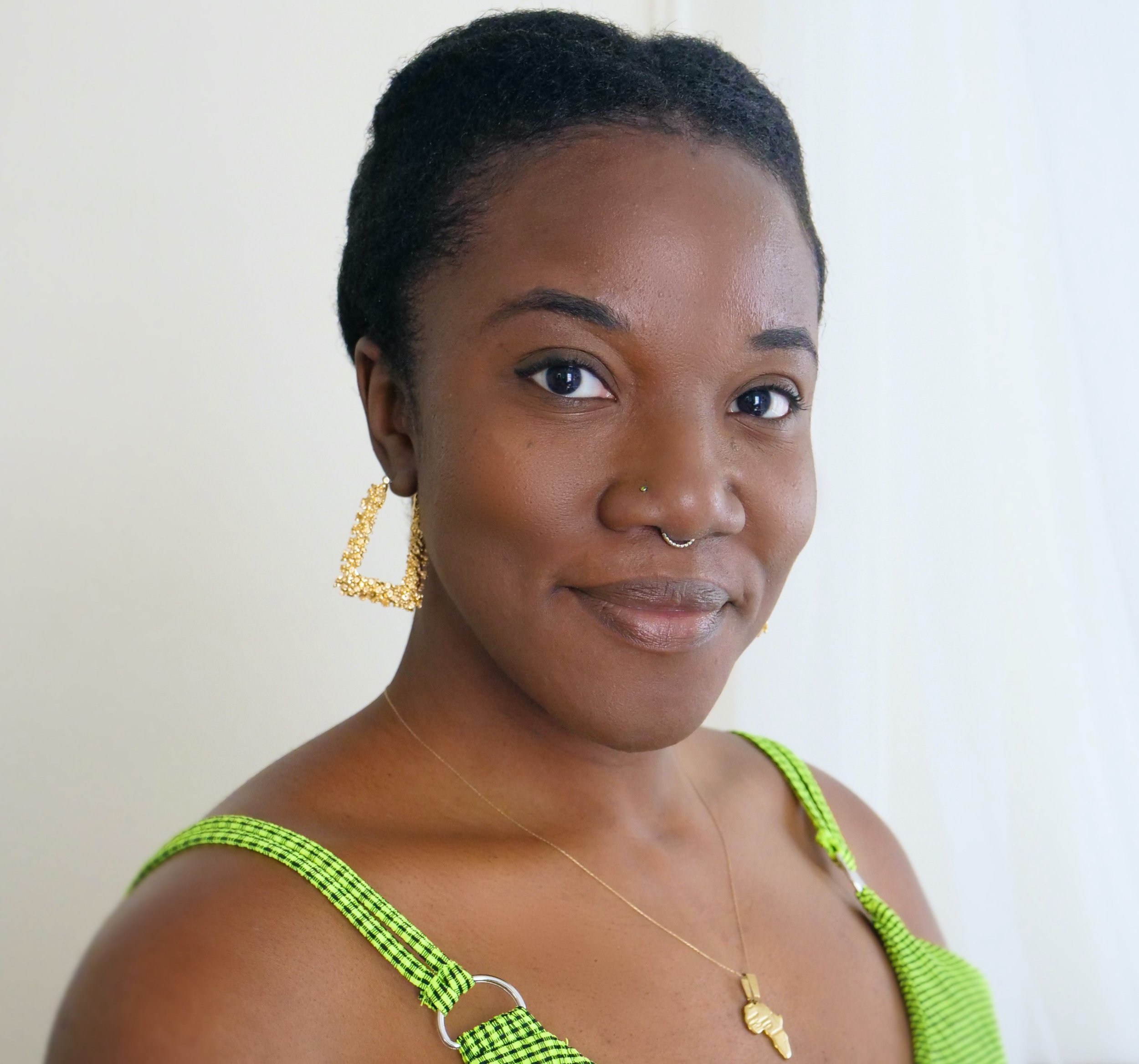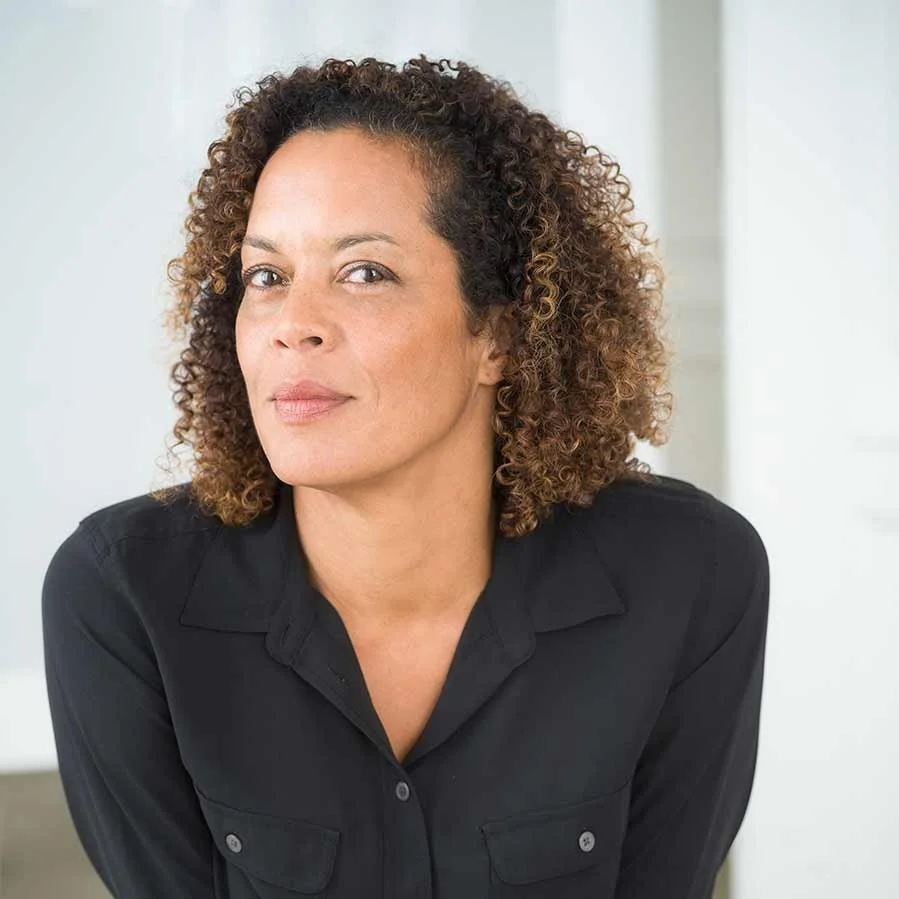Aminata Conteh-Biger on Healing Through Memoir
In 1999, Aminata Conteh-Biger was kidnapped from her family, and held captive by rebels during the civil war. Years later, she wrote a memoir Rising Heart, a memoir in which she shares the story of how she was rescued by UNHCR, found a new life in Australia, and giving back to Sierra Leone through her maternal health foundation. For Aminata Conteh-Biger, writing the memoir was a path to healing and a way to come to terms with what she faced during Sierra Leone’s civil war. Now, Aminata gives back to her country through the Aminata Maternal Foundation, to support maternal health in Sierra Leone. In this interview, Aminata Conteh-Biger shares how she rebuilt her life as a refugee, and wrote through trauma.
Poda-Poda:Thank you for granting us this interview. Tell us about yourself, your background, and your journey as a writer.
Aminata Conteh-Biger: I was born in Freetown and grew up in Kissy. I was raised by my father Pa Conteh, along with my 3 siblings. In 1999, I was kidnapped by the rebels, torn from my father’s hand. I was held by the rebels for months and released as part of an exchange for supplies. In 2020, I released my memoir, Rising Heart, with Pan Macmillan Australia. I wrote Rising Heart with my ghost writer Juliet Rieden, a highly respected journalist and author. I always wanted to write a book, and had many offers to do so over the years, but I did not want to do it until I had given something back to my home country Sierra Leone.
Poda-Poda: Tells us about your memoir, Rising Heart. What inspired you to write it and share your story?
ACB: I had always wanted to tell my story. I wanted to write it for the women of Sierra Leone who experienced the same as what I went through, and for the men who committed the atrocities against us to understand what they took from us. I also wanted to write it to show the world the realities of war and conflict – and the ongoing experience - of African nations. I feel very strongly there is not nearly enough general awareness of the challenges endured by African people, both now and in recent and past history.
Poda-Poda: We recently commemorated the National Day of Reconciliation in Sierra Leone on January 18th. You have shared your story through your memoir. For many survivors of the war, sharing the story of what happened to them is a difficult process. We do not have adequate psychosocial services in Sierra Leone to fully deal with the trauma of war amputees, victims of sexual violence, and refugees. What can we do, as a society, to help heal through our trauma, even when we lack those professional resources?
ACB: The answer to this is in the government. It is the duty and responsibility of our leaders to look after the wellbeing of their people. People in a position of power must create and make available safe spaces for the vulnerable, in order to allow them to live their best life.
In a country like Sierra Leone, where there is such recent national trauma, there must be assistance and services for them. Current services in Sierra Leone are not strong and there is one major reason why. There is a lack of acknowledgement and awareness of the war and its impact, not just from the government, but from the population as a whole.
Poda-Poda: There was so much unimaginable trauma because of the war, and so many of us still carry that and walk with that. How can we carry that trauma, and still try to change the story of our country for good?
ACB: This is difficult to answer, as we Sierra Leoneans can’t even face the truth of what happened to us. I have witnessed for myself the lack of knowledge young people have of recent events.
This lack of knowledge is because the previous generation, the people who lived through it, do not discuss the realities of what happened. So, how can younger people learn their own country’s history? As a nation, we cannot heal from trauma when the events and actions that caused the trauma are not acknowledged, let alone discussed amongst families or taught in schools.
Africans are so strong, and have faced so much adversity. I feel this inner strength needs to be applied to having uncomfortable, upsetting conversations in order to change the story of our country for good. Even here in Australia, where Sierra Leoneans support my foundation work, I promise you, maybe only two Sierra Leoneans would have bought my book, Rising Heart. They are scared to face my story because it will remind them of theirs.
Poda-Poda: Tell us about your work with maternal and child health in Sierra Leone. How did that come about and what are your plans for your organization?
ACB: The Aminata Maternal Foundation came about following my near-death experience while giving birth to my daughter Sarafina in 2012. Sarafina suffered from shoulder dystocia at the time.
During my pregnancy and Sarafina’s birth, I had access to high-quality healthcare here in Australia, like all women do. This compelled me to give back to the women and girls of Sierra Leone and help to improve the unacceptable maternal health and infant mortality rates. I immediately felt a sense of responsibility. My papa always taught us, “we get, we must give back”. He showed his children that it is more of a blessing to give than to receive. I do not have any family in Sierra Leone and this actually inspired me to go back home to contribute, especially because of my two children, Sarafina and Matisse. I want them to know where their mama comes from because I incredibly proud of my homeland Sierra Leone.
My vision now is to buy the hotel in Freetown my father owned and make it a hospital. But before then, my goal is to get as many midwives as possible trained, and hopefully open a children’s ward in the Aberdeen Women’s Centre so the staff can increase their capacity for check-ups and vaccines. My foundation has been working with the Aberdeen Women’s Centre since 2014, but I need the government to help us get this land. The funds are ready but we need land.
Poda-Poda: How did writing your story save your life?
ACB: It didn’t save my life. However, writing my book was a very important process, as it allowed me to establish the fact that I own my story – my story does not own me. I am not ashamed of what happened to me. I am proud of my scars because they have shaped and continue to shape the human being that I am. I always knew I was born to do something good and greater. My grandpa and my older brother, Alieu, always spoke so powerfully on my life ever since I was a baby. So despite my story, I was born for something greater, and I’ve always believed it is as a humanitarian.
Find out more about the Aminata Maternal Foundation at aminatamaternalfoundation.org
